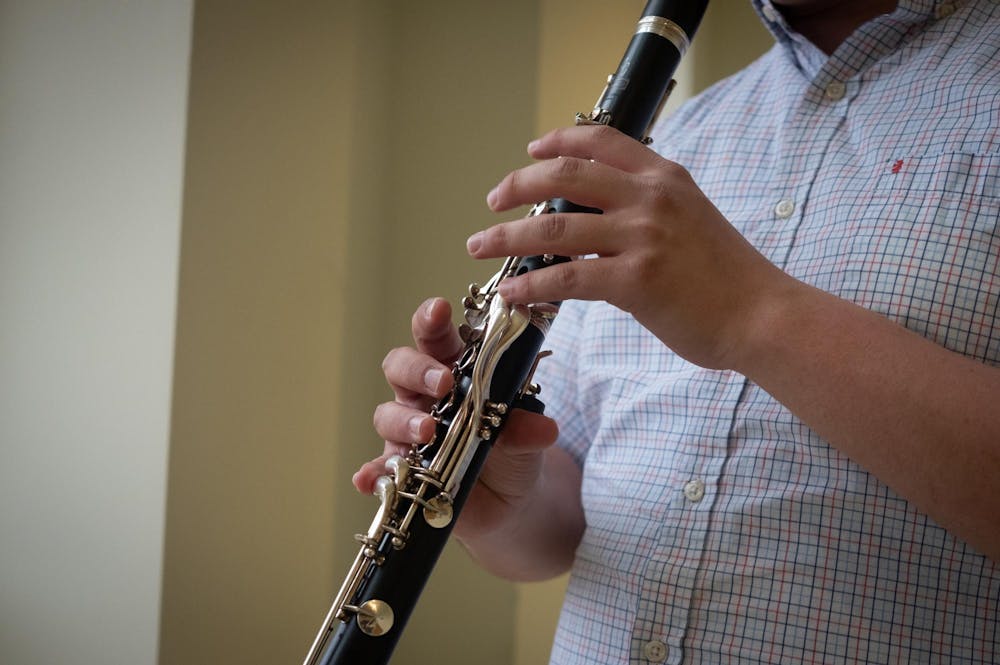On a Friday night in Chapel Hill, the atmosphere is quiet, echoey, still. Just beyond campus, Fraternity Court is thumping with music and bass that can be heard all the way from Raising Cane’s. If one creeps closer, they may hear “No Hands” by Waka Flocka Flame pulsating through the ground, above dank party basements. Don’t get me wrong. I’m with Roscoe, and I’m with Waka. But, I think classical music deserves a chance, too.
I’m not suggesting that fraternities, night clubs and bars start implementing classical music into their parties. That would be weird. However, I am advocating that we all give classical music a listen and venture out of the comfort of mainstream music.
Classical compositions are an extremely influential form of music, with songs like "Moonlight Sonata" by Ludwig van Beethoven contributing essential framework for musical composition and structure. It’s not directly resemblant of contemporary hip-hop, but it is part of the base of all of the genres we listen to today. Like Isaac Newton acknowledging how he stood on the shoulders of giants to make his discoveries, Sexxy Red never could’ve made “SkeeYee” without the musical contributions of Bach or Chopin.
Classical music should occupy a role in everyone’s playlists, not just because it’s catchy, but because listening to it has advantages. I tell myself that I can study while listening to Lana Del Rey or Beach House, but it takes me twice as long to complete an assignment than it would have if I just sat in silence. Listening to classical music fosters productivity through wordless sound; the absence of lyrics eliminates a distraction. The words come quicker as I write this article to Sjors Weijermars playing Chopin's “Waltz in A Minor.”
Studies have shown that listening to music in general is linked to various physiological benefits. However, studies that center around classical music specifically have found that listening to classical music by Beethoven, for example, can have a positive effect on the cardiovascular system and improve mood through the release of neurotransmitters like dopamine. Compared to a more stimulating song by, say, ABBA, music by Mozart or Strauss can lower blood pressure and heart rate.
There is also an educational quality to classical music. Because there are not lyrics and words there to occupy your thoughts, it encourages self-reflection and ignites the imagination. Your thoughts themselves become the lyrics of a classical piece.
Classical music was created to have a deeper effect than language can. It’s a type of expressive art that communicates the emotions that words cannot give proper justice to. The same difference between poetry and novels exists between classical music and mainstream music; poetry and classical music exist to reach the soul.
Classical music isn’t all sad or similar-sounding, either. “Carnival of the Animals: The Swan” by Camille Saint-Saëns is just as captivating as “drivers license” by Olivia Rodrigo. It also is not solely limited to pieces by composers like Wagner or Tchaikovsky. “Life’s Incredible Again,” a wordless jazz score by Michael Giacchino from “The Incredibles,” is just as intoxicating as “Stir Fry” by Migos.
Classical music is severely underrated and under-listened to, even though it has messages and themes that are just as powerful as its mainstream pop counterparts. I’d even argue that their messages are often more powerful. The next time you find yourself walking to class as you listen to “No Hands,” consider a change. Classical music is begging you, DJ, turn it up.




